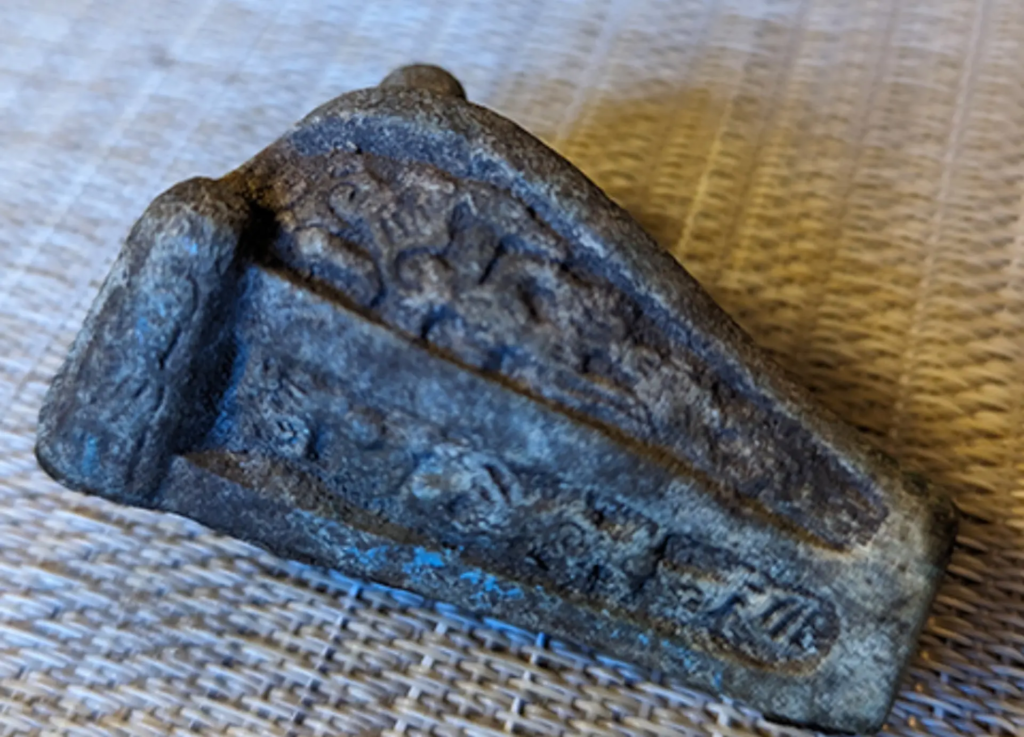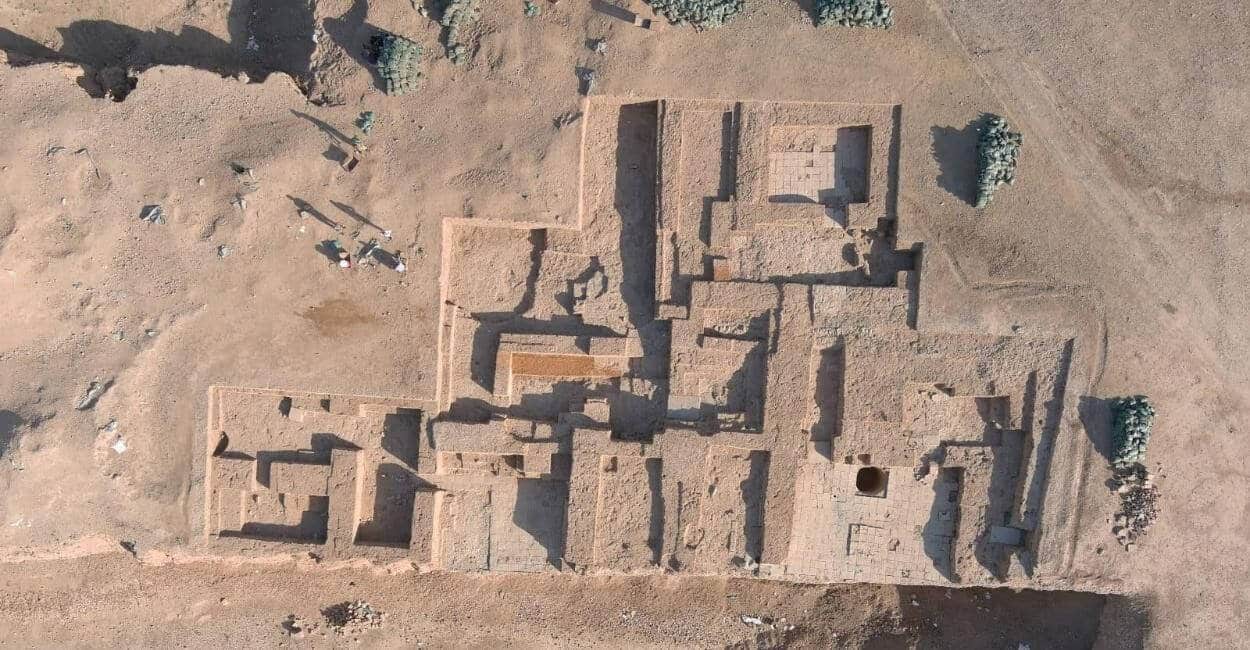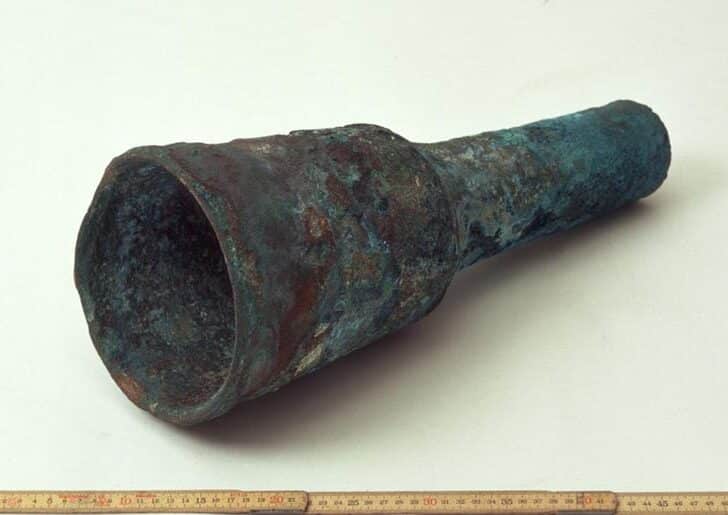
Table of Contents
A Beach Day Turns Historic
While vacationing with his family in Sweden, young Bruno Tillema’s beach walk turned momentous. As per the Gotland County Administrative Board’s press statement from September 8, Bruno stumbled upon a peculiar object. “I just picked it up from the ground and thought, ‘What is this? Maybe some weird part from a house?'” he mused.
However, his intrigue didn’t go unnoticed. His parents, having recently gifted him a book about fossils, knew Bruno had been actively scouring the ground. “He was actively scanning the ground with his eyes,” Andreas Tillema, Bruno’s father, shared with Newsweek.
Archaeological Insights
Seeking clarity, the family consulted a relative, an archaeologist. Through a video call, the true identity of the object emerged: an animal head-shaped bronze belt buckle from the Viking Age (800-1100 AD).
But that wasn’t the end. An ensuing investigation by the Gotland museum at the discovery site revealed another treasure: a ring buckle. Intriguingly, both items, made of bronze, adorned costumes in either the late Iron Age or the early Viking Age.
The Board shed further light: animal head buckles primarily graced women’s graves in Gotland, whereas ring buckles adorned both genders. Regrettably, the buckle-associated burials likely suffered damage.
A Young Boy’s Pride
Bruno’s elation was palpable. “It feels like I’ve done something big, and now I can share it with you,” he beamed. Andreas Tillema revealed that the family had kept the discovery under wraps until the site underwent a proper examination. Bruno’s excitement even prompted him to consider archaeology as a career. “His dream is to find a T. Rex skull,” Andreas said with a chuckle.
Next Steps
The artifacts, currently under preservation, await a decision from the National Antiquities Office regarding their display. Moreover, the Office will decide on potential rewards for such invaluable finds.
- Unearthing the Secrets of the Great Sphinx: Lost Relics Resurface - November 19, 2023
- 5 Most Incredible Archaeological Discoveries of Recent Times - November 17, 2023
- Uncovering 3 Mysterious Ancient Battle Artifacts - November 15, 2023



